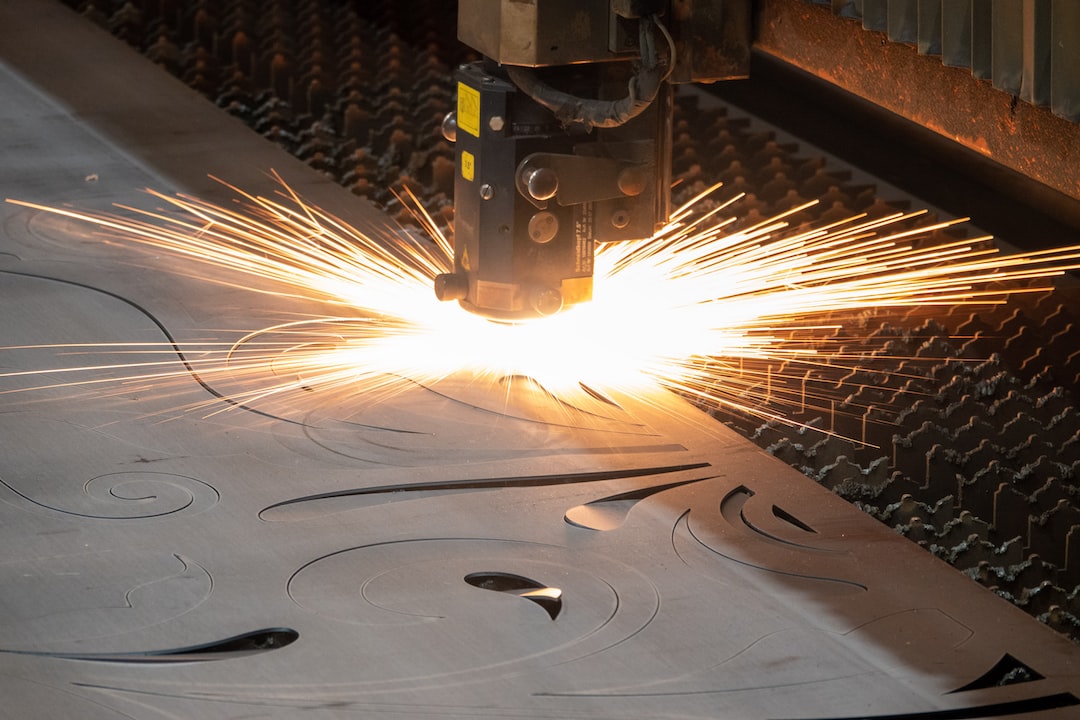The Internet of Things (IoT) has become one of the hottest topics in recent years, as it continues to revolutionize various industries. One sector that has embraced IoT with open arms is manufacturing. From increasing productivity and efficiency to reducing costs and improving safety, IoT has transformed the manufacturing industry in countless ways.
One of the major impacts of IoT in manufacturing is the increased connectivity and communication between machines and devices. Traditionally, factories were filled with isolated machines that operated independently, making it difficult to monitor and control them efficiently. However, with the introduction of IoT, sensors and smart devices have enabled seamless connectivity between machines, allowing for real-time monitoring, data analysis, and remote control.
This improved connectivity has led to a significant improvement in efficiency and productivity. Manufacturers can now monitor the performance of their machines in real-time, enabling them to detect any issues or abnormalities as they occur. By leveraging this data, manufacturers can implement predictive maintenance protocols, where proactive measures can be taken to prevent machine breakdowns and reduce downtime. This not only saves time and money but also increases overall productivity and customer satisfaction.
IoT has also enhanced the concept of a connected factory, where machines, equipment, and workers are interconnected through a central system. Integration of IoT devices enables manufacturers to gather data from various sources, such as supply chain management, inventory tracking, and production processes. By analyzing this comprehensive data, manufacturers can identify bottlenecks and inefficiencies within their operations, allowing them to make data-driven decisions and optimize their processes.
One area where IoT has made a significant impact is in inventory management. By installing smart sensors and RFID tags on inventory items, manufacturers can track their location, condition, and movement in real-time. This level of visibility enables manufacturers to optimize their supply chain and reduce wastage. They can automate the reordering process to ensure just-in-time inventory, eliminating the need for excessive stock and reducing holding costs.
Furthermore, IoT has revolutionized the concept of smart factories, where machines can communicate with each other and exchange information without human intervention. This level of automation enables manufacturers to achieve higher precision, accuracy, and speed in their production processes. Robots and machines can be programmed to perform repetitive tasks with minimal human oversight, freeing up workers to focus on more complex and value-added activities.
Another area where IoT has had a transformative impact is in the realm of safety. Traditional manufacturing environments are notorious for their hazards, which can put workers’ lives at risk. However, with the introduction of IoT, manufacturers can monitor and analyze data from sensors to identify potential safety hazards. For example, smart devices can detect overheating, high pressure, or unusual vibrations in machines, alerting workers to potential dangers and enabling preventive maintenance.
In conclusion, IoT is revolutionizing the manufacturing industry by enabling greater connectivity, communication, and automation. By integrating sensors and smart devices, manufacturers can monitor machines in real-time, optimize their processes, reduce costs, and improve safety. The concept of a connected factory has become a reality, enabling manufacturers to gather data from various sources and make informed decisions. Furthermore, automation has reached new heights with the advent of smart factories, where machines can communicate and collaborate without human intervention. With IoT, the manufacturing industry has entered a new era of efficiency, productivity, and competitiveness.

